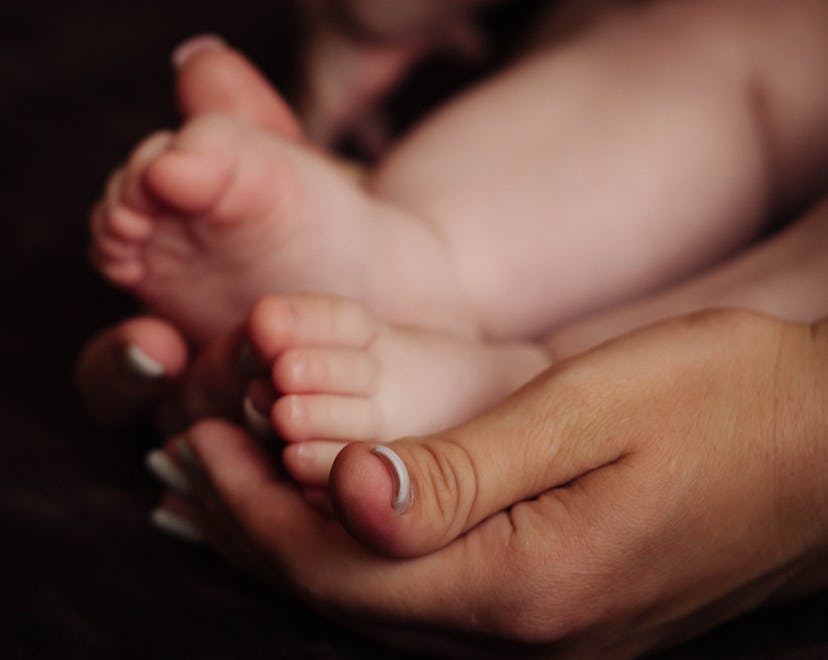Life

Study Finds Even More Americans Are Choosing Not To Have Kids
Their reason? Fifty-six percent said they just don’t want to become parents.
More childless adults in the United States are deciding not to ever have children, according to a new study from Pew Research Center. The number of U.S. adults who reported being not at all likely or not too likely to ever have children has increased 7% since 2018, the study found. While reasons for remaining childless varied from climate change to having an unwilling partner, the majority of those not planning on having children said it was simply due to the fact that they didn’t want to.
In a survey of nearly 4,000 U.S. adults between the ages of 18 and 49, Pew Research Center found that 44% of childless respondents said they were unlikely to ever have children. According to Pew, that’s a 7% jump from the 37% of survey respondents who expressed the same sentiment in 2018.
Of that 44%, 23% said they were ”not at all likely” to have children while 21% defined themselves as “not too likely.” In 2018, 21% of childless adults surveyed said they were “not at all likely” to have children in the future and 16% said they were “not too likely.” Unsurprisingly, the number of childless adults who said they were “very likely” to have children shrunk from 32% in 2018 to 26% in 2021.
But what’s driving adults’ decisions to not have children? According to Pew, 56% of childless adults who self-reported as being unlikely to ever have children said they just don’t want kids. The study noted younger participants were more likely to list this as their reason than those over the age of 40.
Among those who gave other reasons, 19% cited undefined medical reasons, 17% cited financial reasons, and 15% cited not having a partner. Other reasons included “the state of the world,” climate change or environmental concerns, and their partner not wanting children.
Interestingly, even parents appear to be slightly less interested in having additional children. In Pew Research Center’s 2021 survey, 74% of parents aged 18 to 49 said they were “not at all likely” or “not too likely” to have any more children. In 2018, that number was 71%.
It’s not altogether surprising that interest in having children has dipped. In September, the U.S. Census Bureau reported births in the United States declined approximately 7.6% from December 2019 to December 2020 (Overall, the average number of daily births dropped 4% from 2019 to 2020.) The following month, births declined again with the Census Bureau reporting a 9.4% year-to-year decline from January 2020 to January 2021.
However, while the pandemic certainly impacted birth rates, it remains unclear if that impact will be lasting. According to the Census Bureau, the decline of birth rates appeared to slow in March 2021, when just a 0.15% decline was recorded, essentially suggesting some families merely postponed having children due to the pandemic.
Still, it’s clear that, pandemic or not, a number of adults are happy planning futures that don’t include children.
Editor’s note: This article has been updated to clarify the percentage of people giving reasons for being unlikely to have children other than just not wanting children.